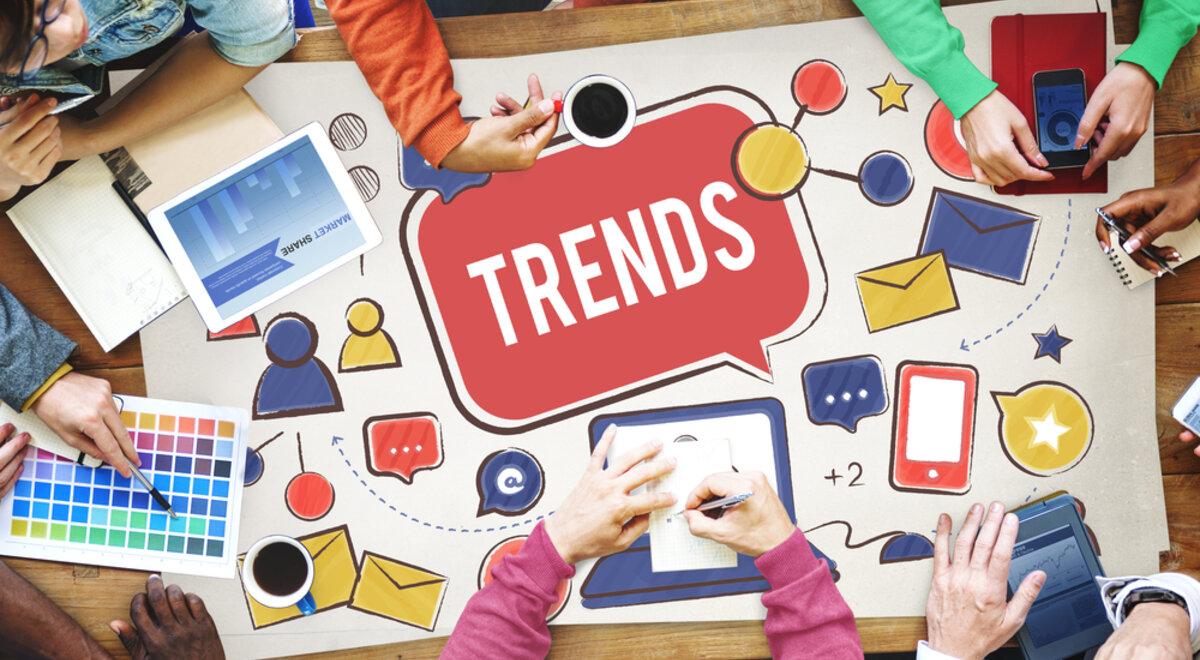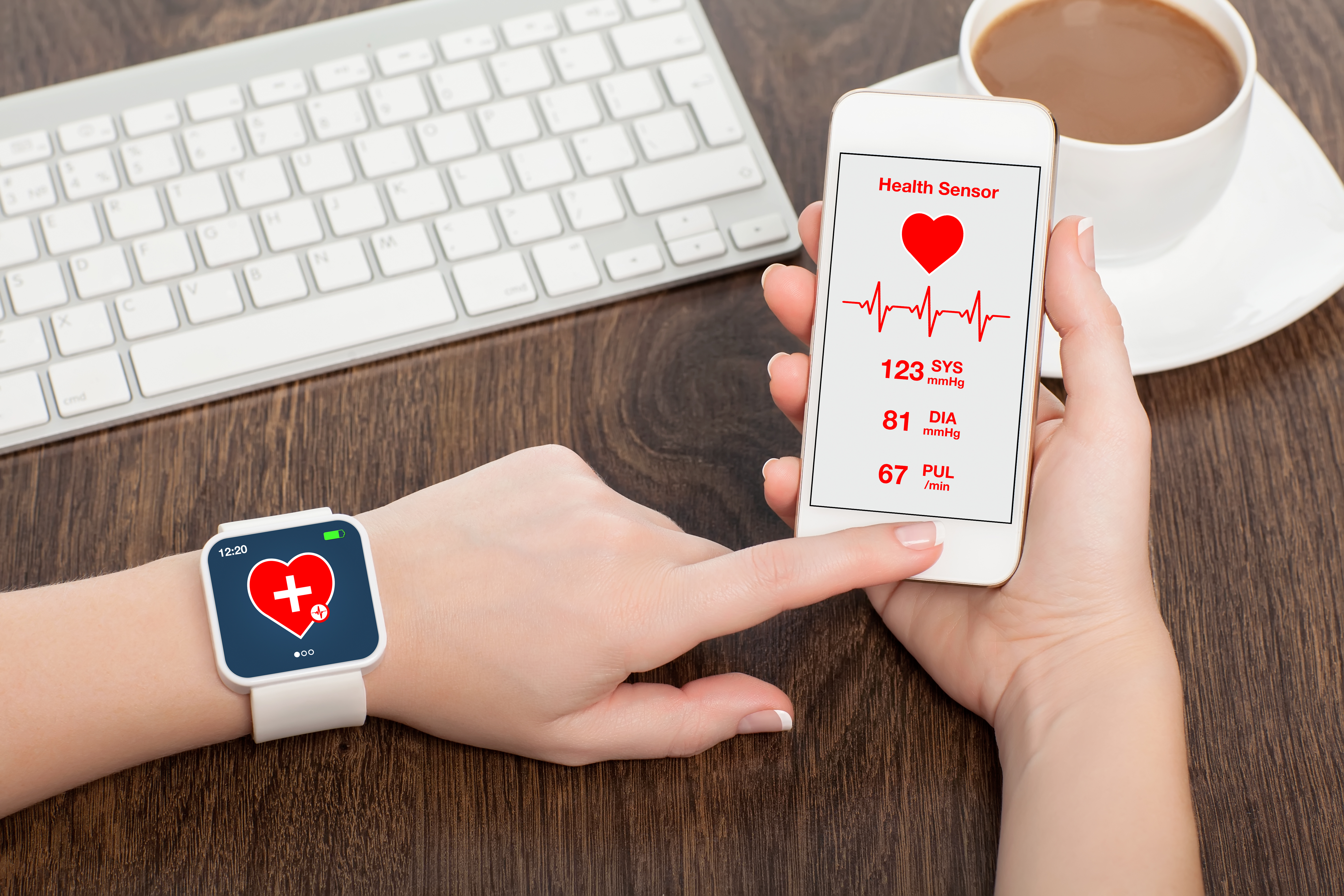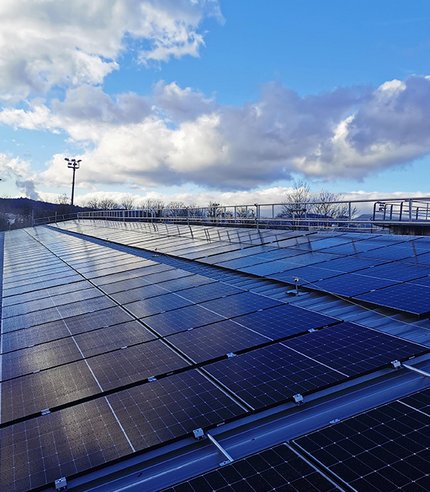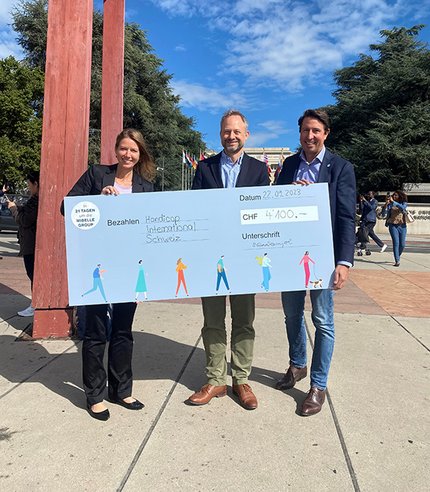2015 – an exciting year
2015 was quite demanding. Major radical political, economic and social topics made a lasting impression on us, such as the elections for all members of the Swiss National and Federal Councils, abandonment of the euro cap in Switzerland and the resulting euro crisis, and the FIFA corruption scandal surrounding Sepp Blatter and Michel Platini.
Many companies are involved in the “Industry 4.0” future project, intended to herald the next industrial revolution, Volkswagen was the architect of its own downfall with an incredible exhaust emissions scandal, and the Greek national debt crisis provided Europe with a tough economic challenge.
The eyes of the world have been on Paris several times, due to the shocking attack on the satirical magazine Charlie Hebdo and the series of attacks on spectators at a football match in the Stade de France, the audience at a rock concert at the Bataclan theatre and the customers in numerous bars, cafes and restaurants. The city also made history with the comprehensive Climate Agreement. It creates a framework for global climate protection for the next few decades and thus for future Generations.
Californian multimedia giant Apple launched the much-debated and long-awaited smartwatch, after more than 30 years the most legendary space story of our time continued with Star Wars 7 and young and old were fascinated by one of the most spectacular heavenly phenomena, the partial eclipse of the sun in the northern hemisphere, in March.
And what do 2016, or 2017, or 2018 have in store…?
2016 is a leap year. Nothing, unusual, but still special. What else? We are not prophets, or economists, or forecasters, or strategists. It would be wrong to predict future political and economic changes.
But trend scouting – we do that day in, day out. What topics will we be looking at in 2016 and beyond?
There are various approaches to localising trends and themed areas. In this blog post and the next we will focus on Technology, because currently it plays a part in some way in every area. This year’s World Economic Forum 2016 in Davos is also taking place against the background of the impending fourth industrial revolution, also known as “Industry 4.0”.
The annual CES, the world’s biggest consumer electronics and technology trade show, is regarded as an indicator of the technology trends which will have an impact on our daily lives and major trends in 2016 and beyond. It is held in Las Vegas every January and attracts more than 3,600 exhibitors. Renowned companies always launch their latest gadgets here. Products or technologies such as the video recorder (1970), CD player (1981), Nintendo’s Tetris game (1988) and the DVD (1996) were exhibited here for the first time.
The major (technology) themes in the next few years are bound to include drones, driverless cars, the Internet of Things and the do-it-yourself principle in the Healthstyle sector. They will all impinge on our daily lives or manifest themselves in other ways.
In this blog post we look at the topic of health in the digital age.
Digital Health
Counting calories, checking sleep rhythms, measuring pulse and blood pressure, recording number of steps and amount of exercise – for many of us these have all become part of our daily lives. Fitness trackers, also known as wearables, are becoming increasingly important. It is claimed that one in four people in America already own such a device, global sales have grown by 200%. We have already reported in detail here on the different mini computers for the body.
The next generation of these activity trackers will be concerned with “connected health”. This means that not only do wearables measure diverse, predefined data, they make recommendations and give tips in real time on how to improve and optimise your health, wellbeing, fitness and fitness level.
High tech combined with sport and health is not just for nerds. Millions of amateur sportsmen and those concerned about health and fitness now use their smartphones as a fitness and activity coach. This is made possible by special workout and health apps such as Freeletics or Runtastic. Users simply download an app to their smartphones, enter their personal details and goals and are then provided (possibly for a fee) with personal training plans, diagnoses (always to be used with caution and common sense and treated as a guide) or support. Apps with a a specific medical use can help Parkinson’s patients, for example, to control volume and speed of speech, provide asthmatics with information about the surrounding air quality, or even monitor risk factors such as high blood pressure.
Wearables with suitable apps are transformed from mainly “data collectors” to valuable personal coaches. Experts expect apps and measuring devices to become much more important in future and finally cease to be a fashionable fad. They also expect these technical gadgets to heighten awareness of a healthy lifestyle and promote understanding of one’s own body and its responses. Apps and gadgets are, however, a long way from replacing medical specialists. They provide support, but a good dose of common sense is still required.
There has been much critical discussion of the boom in digital health where data security is concerned. What happens to the data which is fed into the network? What role does insurance play? Are risk profiles devised? These and other questions constitute a major challenge and will provide further food for thought.
One final thought: according to a study by the University of Freiburg on behalf of the Techniker Krankenkasse, a health insurance scheme for people working in technical fields, there are some 400,000 health and fitness apps available for download globally. A massive number which increases every day. How is it possible to retain the big picture and distinguish between the dubious and the worthwhile apps?
Experts recommended checking out reviews by other users, reading test reports by specialist magazines, taking note of guidance from the app store and, above all, listening to what your friends and acquaintances have to say.
Here we look at the hype around drones, why I won’t need to worry about milk boiling over on the hob in future, and all the things that a smart car can do.








